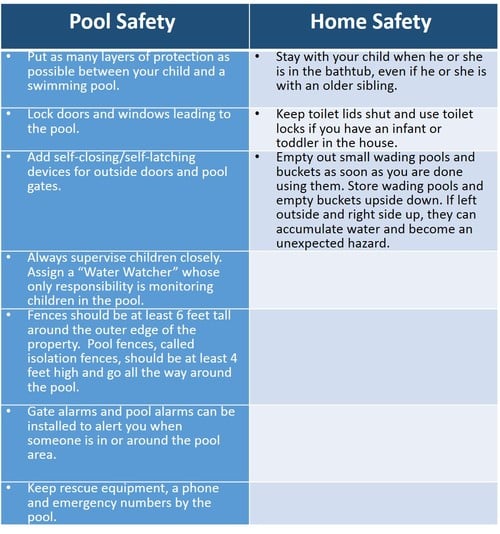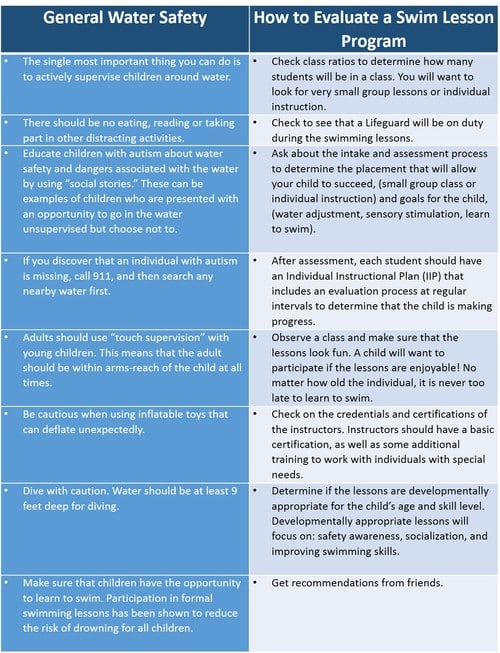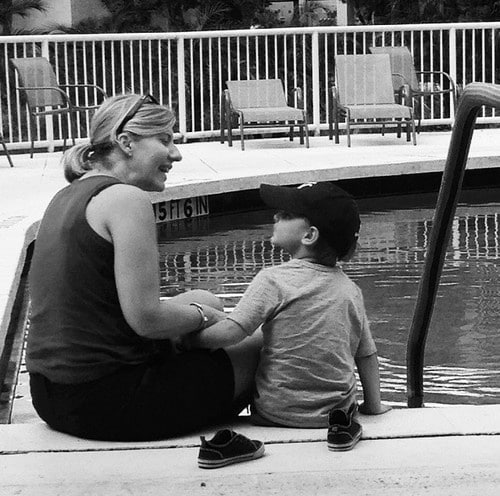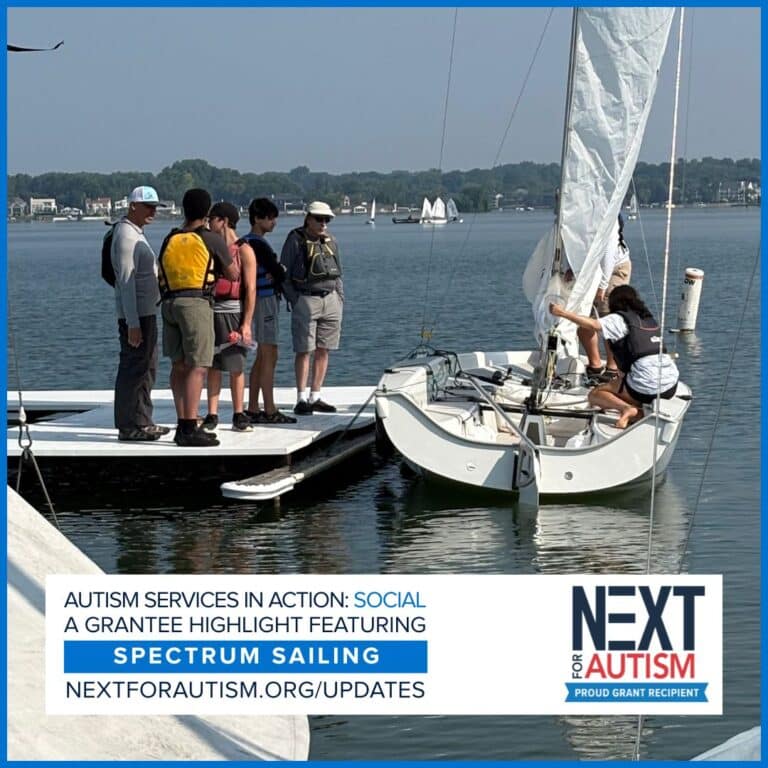By: Guest Blogger Kristine Meyerson,
Aquatics Specialist, YMCA of the USA
Summer is a time of year when parents must be vigilant about water safety, and this is particularly true for parents of children with autism. While water safety and drowning prevention should be top of mind for all parents during the warm summer months, parents of children with autism have additional concerns related to “wandering” behavior. Wandering is the tendency for an individual to leave a safe, supervised area which can result in potential harm or injury. Since many individuals with autism do not have a fully developed sense of danger, it can be especially challenging to keep them safe around the water.
It is shocking to realize that drowning is the second leading cause of death for children ages 1-14, and that children ages 1-4 have the highest drowning rates. Add to this that drowning accounts for 90% of lethal outcomes for children with autism, and it is easy for parents and caregivers to become overwhelmed with the responsibility of keeping children with autism safe given the attraction to water that many children with autism exhibit. There is speculation that water has a calming effect on individuals with autism and some believe this is a possible reason for this attraction to water.
A multi-tiered approach to water safety benefits all children, especially children with autism. The YMCA has been teaching people how to swim and stay safe around the water since 1909. Water safety remains a top priority in its efforts to promote healthy living. The following information can be used to keep children and family members safe around the water.


All children need to learn to swim, especially children with autism. Sensory issues can sometimes make this challenging, although some children with autism react positively to the even pressure that being submerged in water puts on the body. Swimming is great exercise and it is important to give people learning to swim the opportunity to swim throughout the year and not just in the summer months, if possible.
*NYCA has collaborated with the YMCA of the USA to provide these swim safety tips to parents of children and adults with autism. Contact your local YMCA for more information on swim lessons and classes.








Leave a Reply